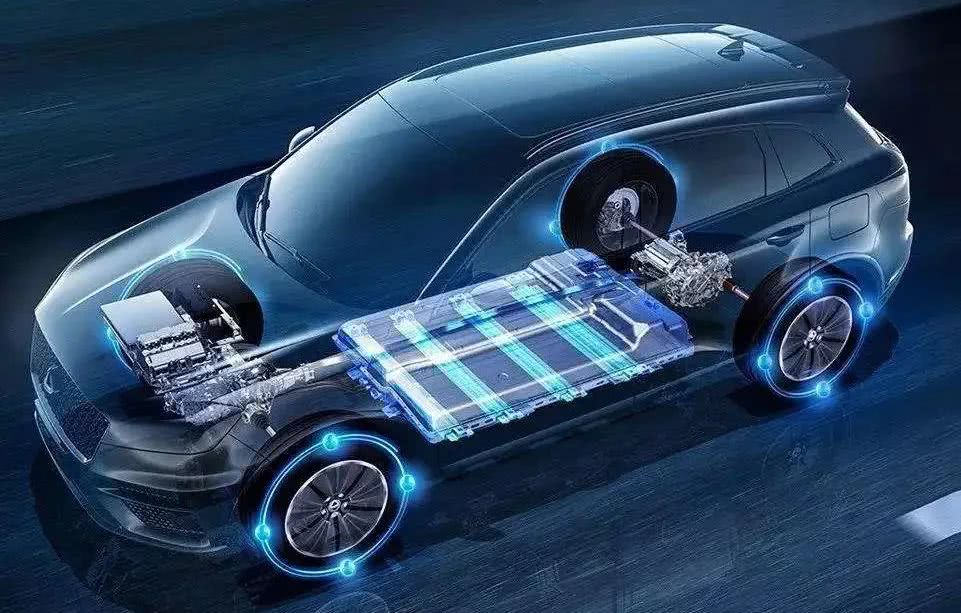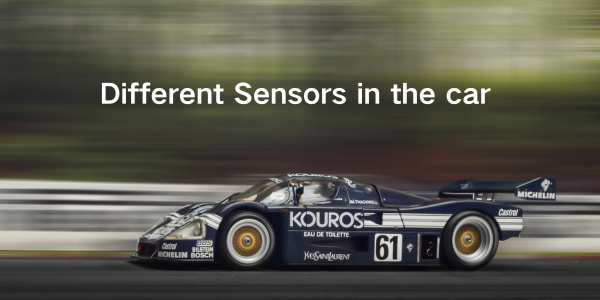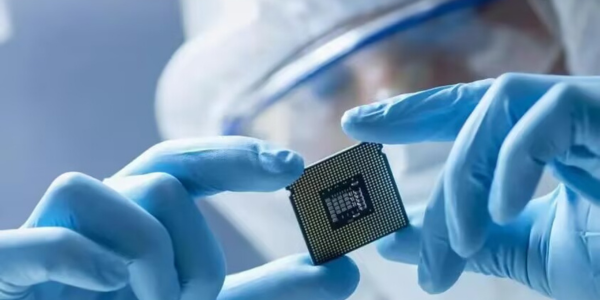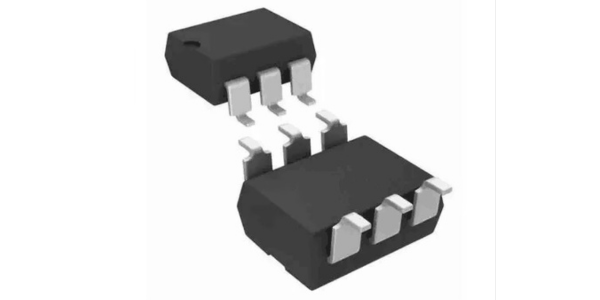The European Union is planning to introduce legislation to ban tens of thousands of perfluoroalkyl and polyfluoroalkyl compounds (PFAS), known as "permanent chemicals". PFAS are used in a wide range of applications, including in electronic equipment, wind turbines, solar panels, cosmetics, medical devices, industrial equipment and cooking utensils, and are essential for chip manufacturing.

Due to its extremely stable chemical structure and unique chemical properties, PFAS is both water and oil resistant and has long been favoured by manufacturers, as it is used in the production of tens of thousands of products, including automobiles, textiles, medical devices and non-stick cookware. However, studies in recent decades have found a high association between PFAS and health risks such as cancer, hormone dysfunction, weakened immune systems and environmental damage.
Five European countries, including Germany and the Netherlands, have proposed that the EU phase out the 'permanent chemical'. In a joint statement recently, they said that if adopted, the proposal would be "one of the largest bans on chemicals ever imposed in Europe".
"In the long term, banning the use of PFAS will reduce the amount of PFAS in the environment, which will also make related products and processes safer for humans," they added.
If the proposed legislation is approved, it would come into force as early as 2026. Once the ban comes into force, companies would have a transition period of 18 months to 12 years to introduce alternatives to PFAS, depending on the importance of the industry concerned and the availability of alternatives, according to the draft proposal. Some industries, such as medical device components, would be allowed a transition period of up to 12 years, while other general industries would have to adapt within 18 months.
The chip industry is certainly high on the list of industries that could be hurt under the "permanent chemicals" ban. Some local European chip suppliers have warned this week that an EU ban on "permanent chemicals" would cause widespread disruption to the already strained semiconductor supply chain.
Chemours, a major supplier of high-end fluoropolymers, warned that these "permanent chemicals" are "absolutely critical" to the semiconductor manufacturing industry as well as to a wide range of other industries. Dignam said, "If we didn't have these, there would be a very serious global disruption and I can't imagine how you would do those (semiconductor) manufacturing processes without these materials."
Chemours' Dignam warned that "regulators must consider the entire supply chain when considering bans, because chips are critical to everything from cars to mobile phones. Trying to regulate a class of chemicals is as daunting as trying to regulate die sel or olive oil."

 How many chips does a car need?
How many chips does a car need?
 Position and Function of Main Automotive Sensors
Position and Function of Main Automotive Sensors
 Chip: The increasingly intelligent electronic brain
Chip: The increasingly intelligent electronic brain
 LDA100 Optocoupler: Outstanding Performance, Wide Applications
LDA100 Optocoupler: Outstanding Performance, Wide Applications